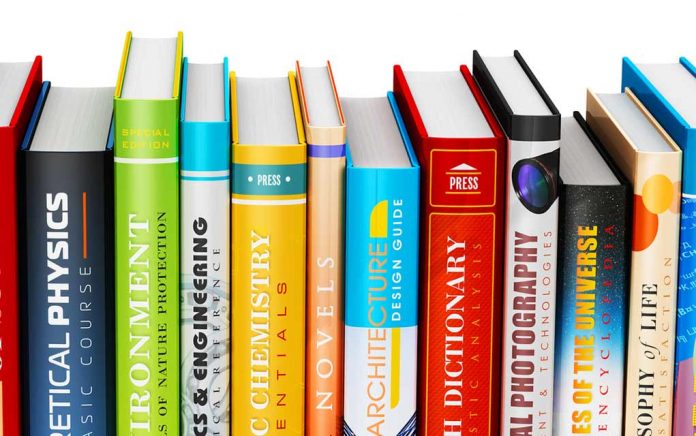
By the time you get done paying for college tuition and fees, at an average cost of nearly $10,000 in-state, you may have little to no money left over for textbooks and supplies. And unless you want to scan and print hundreds of pages from your classmate’s textbooks (FYI: It’s illegal), you kind of need them.
That doesn’t mean you have to pay sticker price. You can rent your books at a discount, but that still may not always be the best strategy. So what’s a penny-pinching college student to do?
The Argument for Buying
Buying your textbooks outright is by far the most expensive option. But that doesn’t mean it’s not worth it. There are many advantages to buying, including being able to mark up the book, highlight it and refer to it in the future. This is ideal for courses with information you’ll use throughout your career, such as anatomy or medical terminology for medical students.
If you buy, you also have the option of selling your books back to the bookstore or to other students at the end of the semester. As long as the next class uses the same version you have, you can recoup a huge chunk of what you spent. But it’s a gamble. If a new version comes out or the school goes with a different textbook, you could lose your investment.
The Argument for Renting
Renting gives you the benefit of borrowing gently used or new textbooks for the duration of the semester at a fraction of the cost to purchase the book. If you plan to get your books from your school, it is almost always the least-expensive option. At the end of the semester, you simply turn the book back in. You won’t get any money back, but you won’t have to store it either.
Buying vs. Renting: Making the Right Decision
What’s the best option? It depends. If you want to keep notes in your book, love a highlighter or often damage or misplace your textbooks, buying is probably your best bet. If you treat your books well and are looking to save some money, you may want to think about renting.
Your campus bookstore isn’t your only option. If you obtain the book’s ISBN number (usually located in your course description), you can purchase the book online or at a second-hand bookstore at an insane discount.
You can also purchase one book to share with a buddy and split the cost, provided your study and class schedules don’t conflict. You can even purchase an older version. Most textbooks don’t change much from one version to the next. If you purchase the cheapest usable version you can find, you can dramatically reduce the cost.
Some college courses will require you to purchase an activation code for access to study materials, homework assignments, quizzes and tests online. If this is the case, you must purchase the code. There’s no question of saving money by renting or reselling because the code only works once.
You can save a ton of money with the right textbook acquisition strategy. Be sure to research all your options and save money wherever you can. Every penny counts, and the choices you make on your textbooks can have a major impact on your budget.
~Here’s to Your Success!
Copyright 2019, HigherEducating.com















